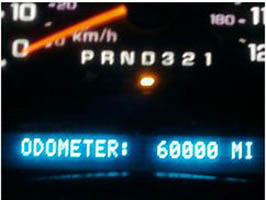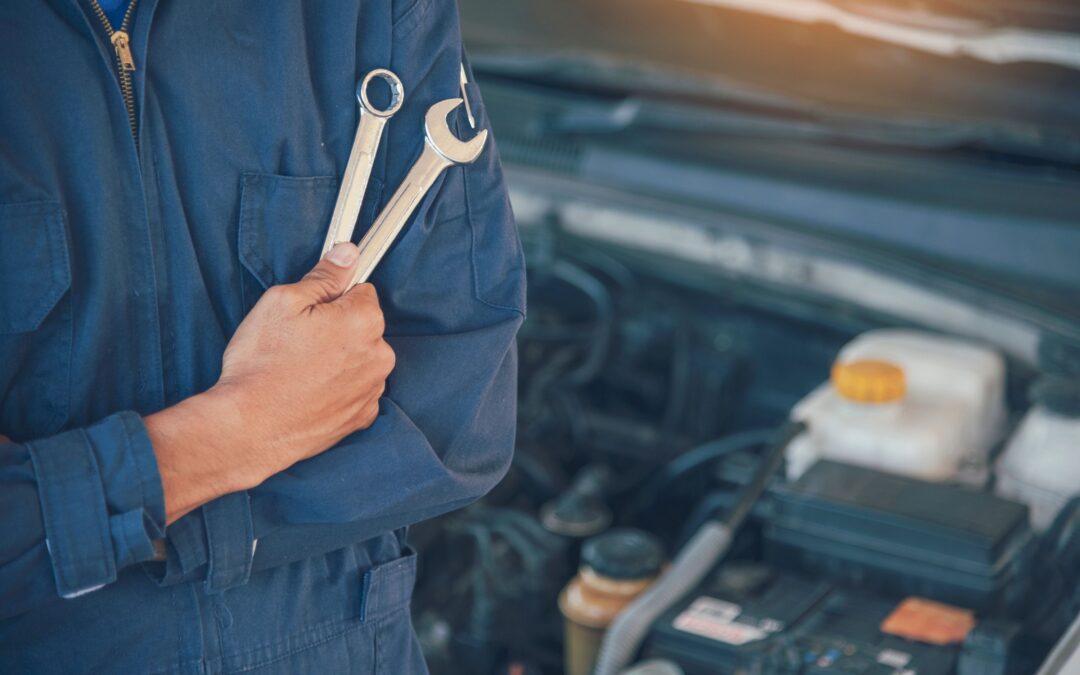You’ve reached that 60,000 mile milestone, and it’s time for a service check on your car. You’ve been experiencing some problems with the cruise control, and something about how the car is driving just doesn’t seem right. Cash is kind of tight, so you call ahead to find out how much the 60K check-up costs. You decide the price is reasonable and drop your car off with your local auto mechanic. You ask them to do three things 1) the 60K service, 2) check out the cruise control and 3) see if they can find out why the car feels sluggish. Then you take advantage of the free shuttle service for a lift to work and wait for the auto shop to call you back. Well, they do, but when they call back to get approval to proceed after performing the initial part of the 60K auto service, the price is higher than the original quote for the 60K service. WHY???
Well, let’s start at the beginning and review the transaction described above. If you’re really concerned about price, it’s a good idea to understand exactly what’s involved in a 60K service. There will be a standard set of services that should be consistent from auto shop to auto shop, but it never hurts to ask to see if your preferred auto mechanic’s standard service matches what’s recommended in your manual. Additionally, in the situation described above, the car owner actually asked for more than a 60K service; they also requested some diagnostic work to figure out what was causing the car to feel sluggish and what was causing a malfunction in the cruise control. In fact, from the beginning of the transaction, the car owner actually asked for a 60K service plus some additional diagnostic work.
Now, a good shop will begin a 60K service with a road test, and as a result they should end up recommending the additional work anyway, but it’s important to understand how your shop charges for diagnostics before you drop your car off.
Importantly, any preventive maintenance service on your car (whether it’s a 7,500 mile service, a 15K, a 30K, a 60K service, or a 100+K service) is designed to maintain your car in peak driving condition by helping to prevent potential safety issues as well as to fix any issues that are uncovered. So, if cash is tight and your auto technician finds out that you need a rear brake job, an alignment, and a tire pressure sensor replacement, in addition to repairing the problems with the cruise control, and completing the 60K service, you (similar to the customer described above) will have to decide which repairs to complete. A good auto repair shop will call you back with an estimate before performing any services, and will help you make a decision by advising you which repairs can wait and which repairs should be performed right away for safety reasons. Of course, you have the option of just completing the things you originally requested in the repair, but at least you’ll be making an informed decision.
So, if your routine maintenance turns out to be more than “just routine” or in other words, you find out that you need more than just a 60K service, you should be aware that it’s going to cost more than you originally planned if you want to keep your car well maintained and safe. Standard maintenance services don’t include major repairs, (though they do include some replacements). But importantly, you’ll know exactly why your cost was higher than anticipated, and you’ll have the opportunity to authorize or decline the additional services.
Image courtesy of @cdharrison






